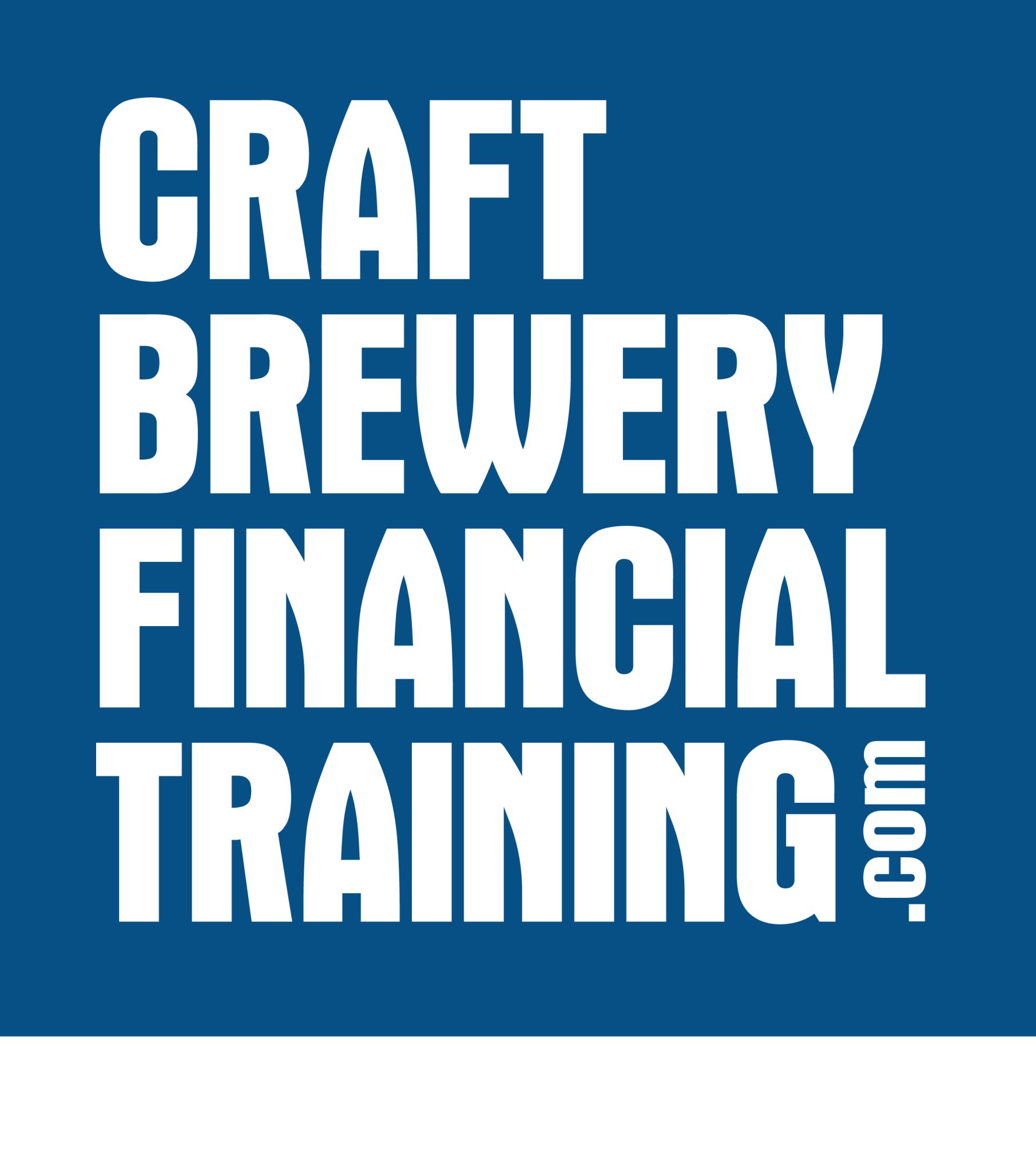Sharing financial information can be a great tool for employee engagement…or, it can be a disaster.
Not everyone in the brewery has the background, knowledge and experience to understand the financial information, and how it should be used.
In this post, I’ll tell you about my personal experiences with sharing financial info – otherwise known as Open Book Management – so that you can learn from my mistakes…and avoid disaster.
Open book management is a great way to help employees perform better by understanding how the business of the brewery works. In a nutshell, Open Book Management is about three things:
- Communication of business numbers
- Education on what those numbers mean
- Giving employees a Stake in the Outcome
Communication of business numbers. The numbers are the key metrics that drive the business forward. Examples include sales growth, gross margins or net income.
Other examples include sales per barrel, payroll as a percentage of net income, or beer loss on each barrel brewed.
If you aren’t comfortable sharing dollar figures, present the information in ratios or percentages. The goal is to give employees enough information so they understand the business and how they can make a difference.
Education on what the numbers mean. Employees need to know how the numbers are calculated. Take some time to educate your folks on how margins, revenue per barrel or EBITDA are calculated.
The numbers can be very informative for employees, but only if they understand what they mean and how they are calculated.
Give employees a stake in the outcome. Communicate the numbers, educate employees on what they mean, and then give them a reward for improving the results.
How to Avoid Problems with Open Book Management
When we started open book management, we made a big mistake. More accurately, I made a big mistake.
We jumped in with both feet and gave everyone all the financial information right away. We held lots of meetings and asked our team to calculate lots of numbers. Many employees were confused or overwhelmed. Other employees wanted nothing to do with this new program.
Our mistake: Too much, too fast.
What we learned:
Start slow, with a few key leaders. Find your lieutenants, those folks in the organization that want to be involved. Teach them about open book, and learn from them.
Start small. We found that working with groups of four or five employees at a time was the right number. Get one leader from each department – brewing, taproom, admin, ownership – and involve them in the training.
Educate until it hurts. Learning to brew great beer takes education, time and patience. Learning the brewery financials is no different. Educate your team on basic finances until it is second nature.
Wrap Up + Action Items
Open book management is about sharing information and educating your team so that everyone feels a sense of ownership in the brewery. I’m a big fan of open book management. I believe that if done right, this can be a very profitable tool for your business.




Comments are closed